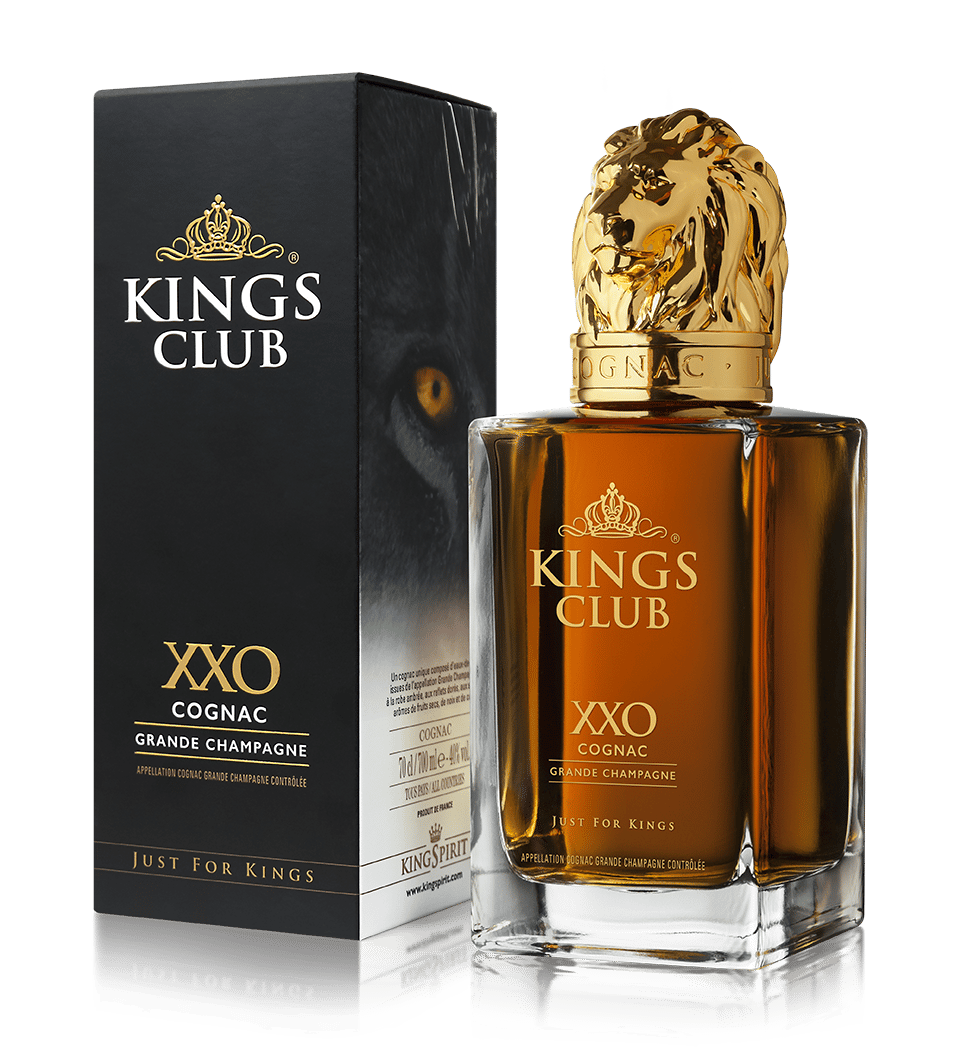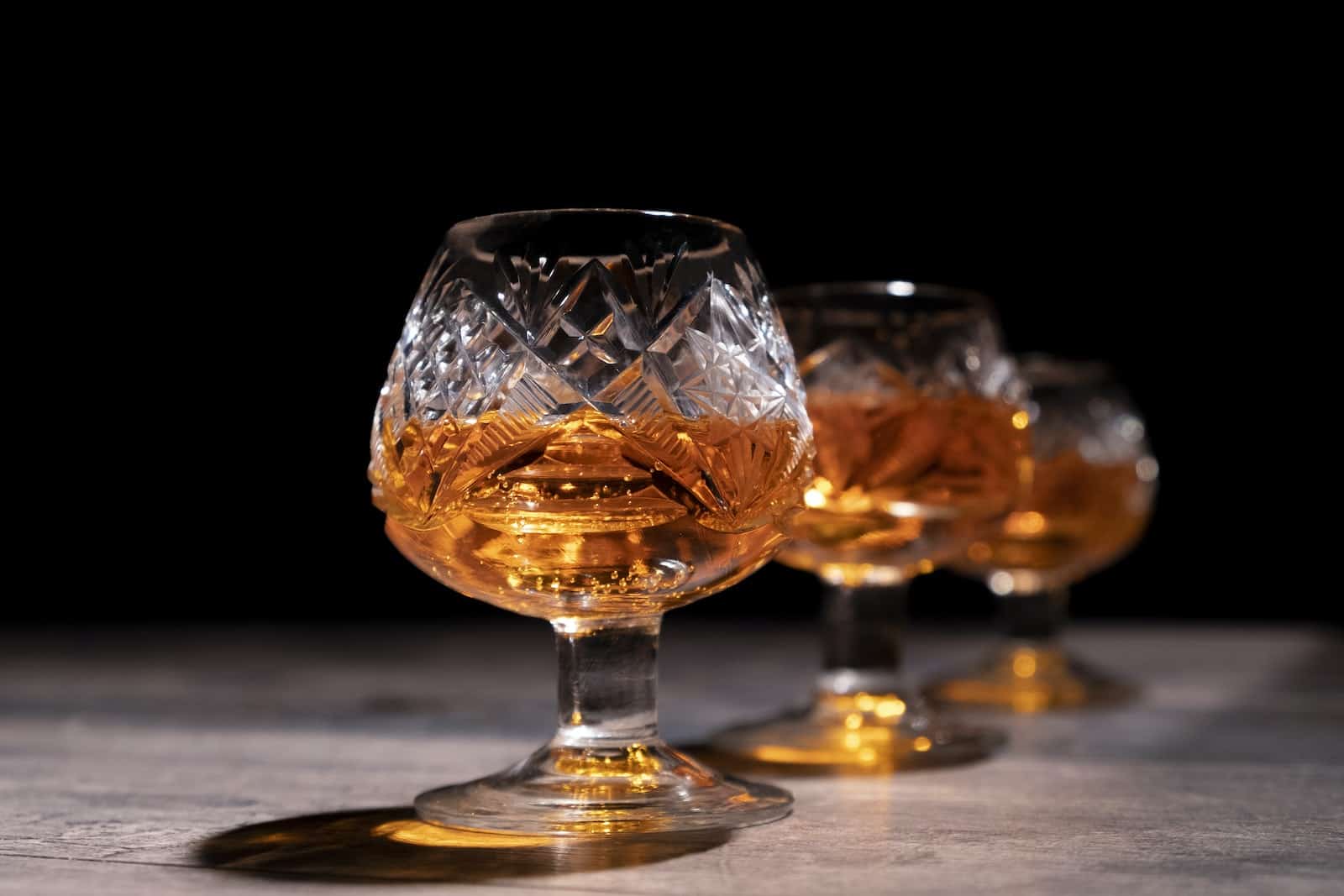To the well-born, the value does not wait for the number of years. The quote is famous, our Cognac is just as famous, allowing itself a few more years to be enveloped in the rich patina of time.
Cognac : the brandwijn before the brandy
The fact that the territory which magnifies cognac is named after it is in itself a strong symbol. An indelible mark crowning several centuries of perseverance and ascension, of economic, technological and cultural conquests. Today, cognac still prevails and reigns. Already in the Middle Ages, it was predicted that it would have a bright future, with recognition beyond its borders. As early as the 14th century, the Dutch disembarked their ships ready for long voyages. They sailed up the Charente River and discovered, delighted, the riches of this region. The salt of course had attracted them so far, but now that they are advancing further into the Charente lands, it is the paper, the one from Angoulême in particular, and then the wine that they taste very well. This Cognac wine – especially the vintages of Champagne and Borderies – flatters the palates of these foreigners who are all too happy to bring these goods back home. Not surprisingly, these vintages are attractive and demand is growing. Alas, the Cognac wine does not bear the return journey as well as the sailors and it is because of the regret of not finding the original flavors of this alcohol on the Dutch tables that it was decided to distill it. On the spot to begin with. For technology is a serious business and distillation is a process that is gradually being improved with, for example, the introduction of cooling devices in stills to avoid overheating and to significantly improve condensation, an essential step in the distillation process. This is the principle that gave birth to cognac: distillation, the process of separating substances with different boiling temperatures. When our Cognac wine is heated in an Amsterdam copper still, the substances that make it up vaporize successively – they pass from the liquid state to the gaseous state one after the other according to their boiling temperature. Then the steam obtained is liquefied.
From this distillation, the Dutch obtain a brandy which keeps admirably and which leaves nobody indifferent: the brandwijn, this “burnt wine”, is indeed a real success. Such a success that we have to be able to satisfy everyone! From now on, the distillation will be done in Cognac and in the whole region. And the Dutch brought the famous copper stills from Amsterdam. While this is of course an economic choice for the Dutch metallurgy and its trade, it is also a question of the beneficial properties of copper in the distillation process. Capable of absorbing sulfur, copper is also – and importantly – an excellent conductor of heat capable of improving the quality of the finished product. Distillation not only had the advantage of reducing the volume of alcohol transported by boat. It was going to promote by the very transport of the brandwijn the birth of what will be soon named brandy.
The beginnings of cognac are simmering. Time will still pass slowly until the seventeenth century before the charm operates. From then on, the history of Cognac and its territory would never be the same again.
Double distillation and aging: the benefits of time
In Charente, distillation is tamed and the stills installed by the Dutch are improved, then modified. The mastery of the process is refined and the distillers innovate. Time is doing its job but in a very singular way; because it is the absence of time, the delay of the loading of alcohols on the Dutch boats which will reveal one of the keys of the success to come. Stored in oak barrels in cellars, the alcohol is patiently impregnated with the aromas of the wood. On the quays, one runs, one is impatient, one warns that the alcohol will end up spoiling and then, worried to have let it wait too long, one ends up tasting it. The surprise was certainly big: the alcohol gained a depth, an admirable palette, supple and perfumed. From now on, it will not be stored in any other way than in oak barrels.
At the same time, the distillation process of Cognac wine is doubled to finally give birth to an alcohol with an unequalled reputation: Cognac.
Everything is accelerating. In the 18th century, trading houses and historic houses opened their doors one after the other. Cognac is becoming a signature of the French art of living. It is already exported to Europe, America and Asia. Napoleon I deprived the English of the cognac they liked so much, so much so that this deprivation had an impact on the Charente economy which suffered as much as the enemies. Little by little, the best grape varieties were selected until the Italian white ugni, Trebbiano, was preferred (almost) among all of them, for its resistance and its low alcohol content. Once harvested, the grapes must be left to ferment to become a wine that will be distilled. This “first heating” makes it possible to obtain a brouillis to which one cuts the head (the first condensates) and the tail (the last condensates) to preserve only the heart. The second distillation is only interested in him: it is finally the “good heating” whose crystalline result is strongly alcoholic (from 68 to 72% volumic). Poured into oak barrels, this production will then benefit from a know-how inherited from several centuries where time reigns supreme. Preserved in cellars with slightly varying humidity levels from one house to another, the cognac matures slowly, patiently enveloping itself in delicate aromas. Patience is essential and what it pays for with a share of the angels is softened with a silky patina that transforms the spirit into a noble and racy spirit.
By drawing from these old barrels, the cellar master elaborates blends with elegant and powerful notes, signatures of exceptional cognacs. Lordly cognac has been ennobled over the years and embodies the refinement of an unequalled spirit, with aromatic nuances impregnated with the mark of time. A unique and unmistakable cognac.
Also read
Cognac: definition and method of production
Unlike many other spirits, cognac is made from grapes and requires a lot of know-how. We…
Join the Crown Club!
Take advantage of exclusive offers, stay informed about Kings news!




